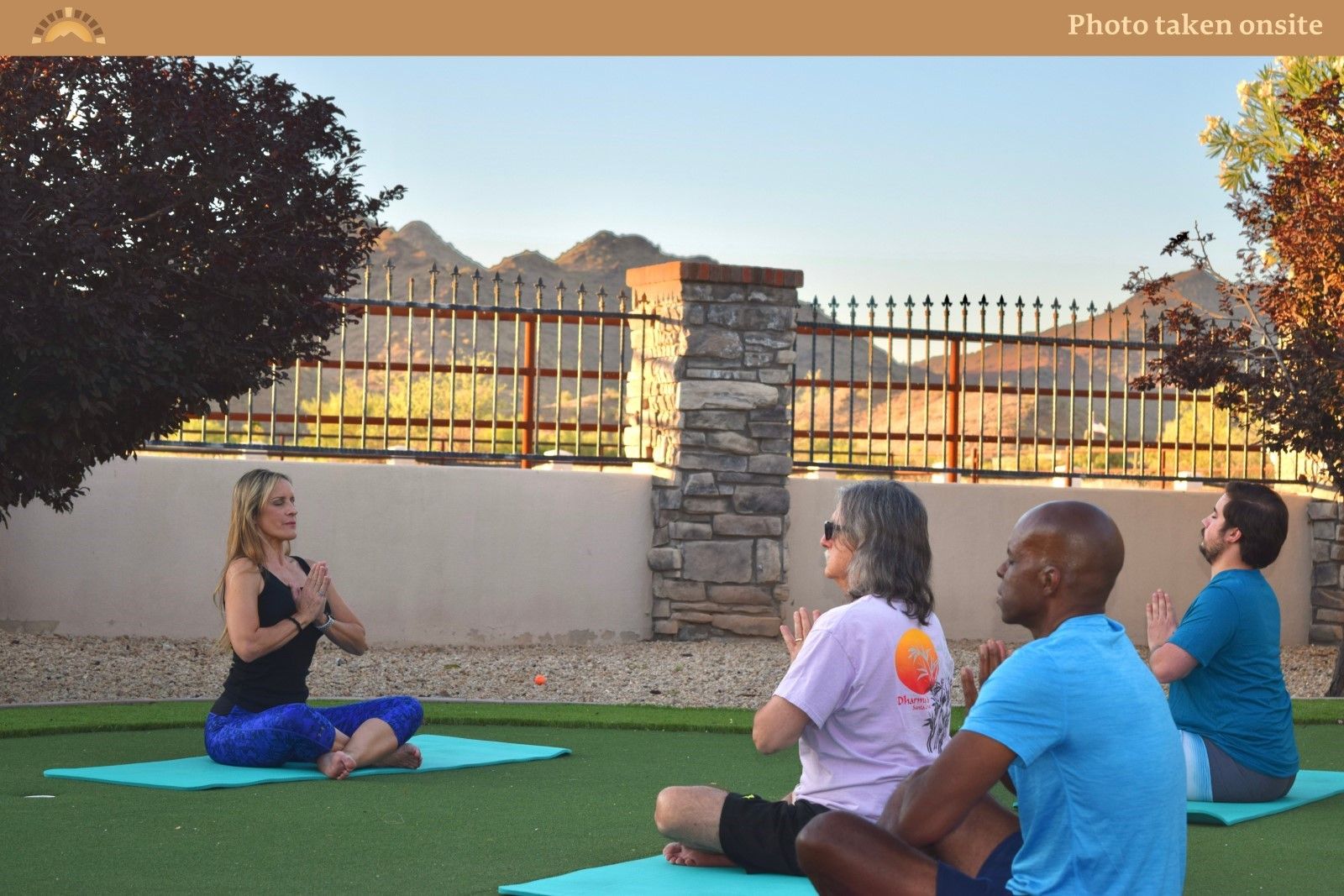Cool Boredom
Discussing mindfulness is like discussing love, or goodwill; they are intangibles with many different ideas and thoughts surrounding them. Although mindfulness has a definition, it is complex with many layers. One aspect of mindfulness that I found fascinating was its relationship to boredom. In Chogyam Trungpa's book Mindfulness in Action, he has a chapter called Cool Boredom. In it, he states, “Your thought patterns, subconscious gossip, and all of your mind’s chatter become much less interesting. In fact, you begin to find them all very boring.” He goes on to describe hot and cool boredom:
- Hot boredom: being miserable and wanting to escape
- Cool boredom: refreshing; where there is space, softness, and sympathy toward ourselves
5 Types of Boredom
As an educator I would sometimes notice students saying things like, “I'm bored” and I never understood what they truly meant. Here they were having an opportunity to learn something new, write, draw or read, or really any activity they wanted, other than disturb someone who was trying to learn. Although I understood the basic definition of bored: The state of feeling disinterested in one's surroundings, having nothing to do, or feeling that life is dull, it still bothered me that they couldn’t find something to interest them.
I later understood that researchers have identified at least 5 types of boredom. There is:
- indifferent boredom, where you feel calm, but withdrawn
- apathetic boredom, which feels like helplessness
- calibrating boredom, where you feel like you want something different, but don’t know exactly what it is
- searching boredom, a restless searching, driven by discomfort
- reactant boredom, which comes from strong negative emotions, almost aggressive toward the world around us, wishing we were somewhere else
Boredom and Mindfulness
So, what does boredom have to do with mindfulness? These 5 types of boredom are states of mind, just like happiness, sadness, fear or any other emotion/feeling. Our culture certainly tells us it is better to be “busy” and if we are not busy, and therefore, bored, something must be terribly wrong. We know that being prone to boredom has been linked to depression, drug use, overeating, impulsivity, poor attention span, etc.
A practice of mindfulness meditation allows us the opportunity to sit with our feelings, thoughts, and sensations. It invites us to see boredom not as something to reject, but something to know, understand, and even embrace.

Curiosity
One of my favorite movie lines is in Keeping the Faith, when Ben Stiller, a Rabbi, tells the bar mitzvah boy whose voice is cracking, “you have to embrace the suckiness.” I loved that line, and the older I got, the more I understood what it really meant. When we start to sit with, and get curious about a feeling or an emotion, we have already removed ourselves from identifying with it. It means that we are not in that “autopilot” habitual thinking pattern. It means for a moment, we are not seeking a distraction.
According to the Buddhist perspective, boredom arises due to the habit of the mind to label experiences as either pleasant, unpleasant, or neutral, and boredom falls into the neutral feeling. So, Boredom is simply a feeling being triggered, but there is never anything inherently boring in anything we are experiencing. By becoming more interested and curious in what we are experiencing, it can change our brain patterns, and help us to see that anything we give our full attention to can appear interesting.
Boredom without curiosity is a rejection of the present moment. Mindfulness, or boredom with curiosity, is an embrace of the present moment.
If we are able to sit with the boredom, and experience the boredom fully, however unsatisfying or uncomfortable it may be, instead of reaching for something to squash that feeling, it provides us an opportunity to notice our true self, with no distractions. Keep in mind, this includes the good, bad and ugly. After all, we are all human, and mindfulness reminds us there is no judgement, just awareness.
To get to know ourselves on a truer, deeper level, can in turn, help us to feel more positive about ourselves, and about actually moving forward, and doing something positive about the boredom.
Bring on the cool boredom!
Andra Prager earned her Masters in Education and has been a classroom educator for 17 years. She is a certified Mindfulness and Social Emotional Learning (SEL) instructor. She is also a certified yoga instructor (RYT 200 hr).




